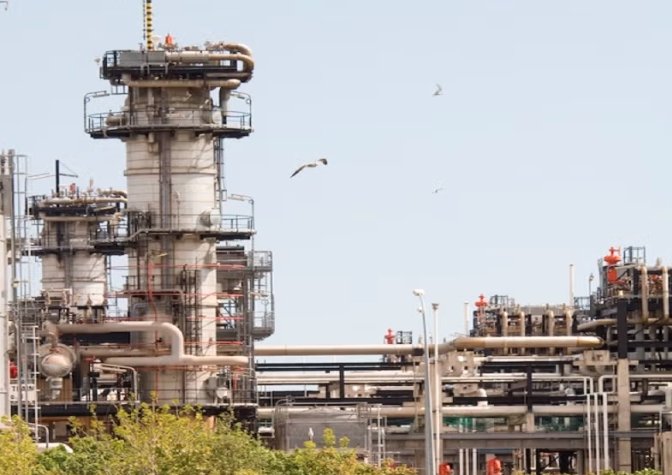The UK Government has announced a major funding boost for one of its flagship climate ventures, pledging $272 million (approximately £200 million) to Scotland’s Acorn Carbon Capture and Storage (CCS) project, a move it says is critical to achieving its net-zero emissions goal by 2050.
The investment, unveiled on June 12, provides concrete backing for a CCS technology previously referenced in the UK’s spending review on June 11, underscoring the growing urgency of decarbonising heavy industry.
Acorn Project: Capturing Carbon in the North Sea
Located at St Fergus in northeast Scotland, the Acorn CCS project is a joint venture involving Storegga, Shell UK, Harbour Energy, and North Sea Midstream Partners. It aims to capture carbon dioxide (CO₂) from hard-to-abate industrial sectors and store it deep beneath the North Sea, using repurposed oil and gas infrastructure.
According to the consortium, carbon captured from industrial facilities will be transported through existing pipeline networks and permanently stored 2.5 kilometres underground, helping to make use of legacy fossil fuel infrastructure in a new, climate-forward context.
“This vital support will enable the critical work needed to reach Final Investment Decision (FID) and marks a major step forward — not only for Acorn, but for the development of Scotland’s CCS infrastructure,” said Tim Stedman, CEO of Storegga, in a statement shared with Reuters.

Broader Strategy: CCS Across the UK
The Acorn project is one of two priority initiatives receiving government backing under a new CCS strategy. The other is the Viking CCS project in England’s Humber region. While funding details for Viking remain unspecified, both projects are considered crucial to decarbonising Britain’s industrial clusters, especially those that rely on fossil fuels for high-temperature processes.
Combined, Acorn and Viking could capture and store up to 18 million tonnes of CO₂ annually—the equivalent of taking over 10 million cars off the road each year.
Jobs, Industry, and Economic Renewal
UK Energy Minister Ed Miliband emphasized the economic benefits of the funding announcement.
“This investment will support industrial renewal in Scotland and the Humber, with thousands of highly-skilled jobs at good wages to build Britain’s clean energy future,” Miliband said.
The government sees CCS as a key pillar of its green industrial strategy. As of June 2025:
-
The UK has committed £9.4 billion to CCS through its spending review.
-
A broader £21.7 billion is expected to be allocated to CCS over the next 25 years.
-
The government has enshrined its 2050 net-zero emissions goal in law, with CCS seen as non-negotiable for reaching it.
Why Carbon Capture?
The Acorn project’s funding comes amid increased debate globally about the role of CCS. Critics argue it could prolong fossil fuel use. Proponents, however, say it is essential for decarbonising sectors like cement, steel, chemicals, and refining, where full electrification isn’t currently feasible.
Carbon capture also plays a role in “negative emissions” when paired with bioenergy or direct air capture, allowing for actual removal of CO₂ from the atmosphere—a critical function in the net-zero transition.
Scotland’s CCS Future: A Green Reindustrialisation?
For Scotland, Acorn is more than a carbon sink. It’s being hailed as a blueprint for green industrial renewal. The region has long depended on North Sea oil and gas, but now stands to become a hub for low-carbon technology—leveraging its existing energy infrastructure, engineering talent, and strategic geography.
With Acorn potentially operational before the end of the decade, it could:
-
Anchor a new low-carbon supply chain in northeast Scotland.
-
Connect to European CO₂ transport networks.
-
Offer cross-border decarbonisation services, exporting carbon storage as a new economic resource.
From Policy to Practice
This week’s funding commitment is a decisive signal that CCS is no longer just a pilot idea in the UK—it’s entering real development. Reaching Final Investment Decision (FID) is now the focus, with construction expected to ramp up in the coming years.
As other nations scale their own CCS efforts—from the Netherlands’ Porthos to the U.S. Gulf Coast hubs—the UK’s Acorn and Viking projects are expected to position Britain as a leader in carbon management technologies.


















